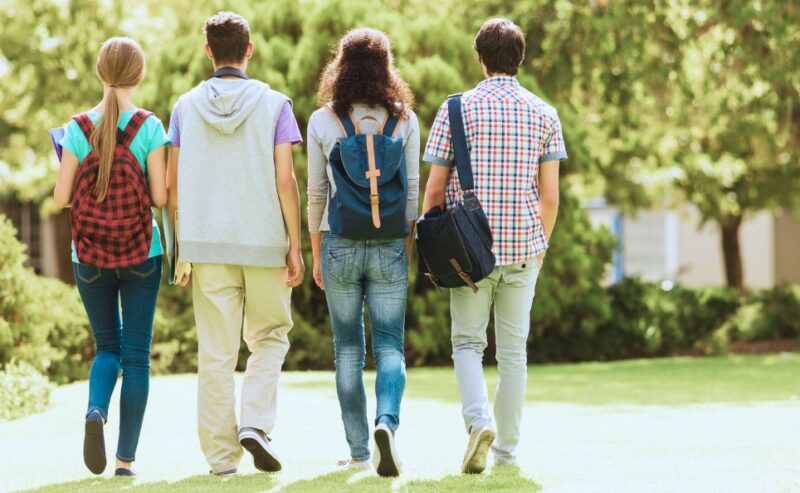Hey everyone! Let’s chat about something super important but often overlooked in our schools and colleges – student privacy. Think about it, our lives are practically an open book online, and with schools getting more and more tech-savvy, keeping our info under wraps is more crucial than ever.
We’re going to dive into what student privacy really means, why it’s like a big deal, and how everyone – from your favorite teacher to your mom – plays a part in keeping your info safe and sound. So, grab your favorite snack, get comfy, and let’s unravel the mystery of student privacy together!
Student Privacy
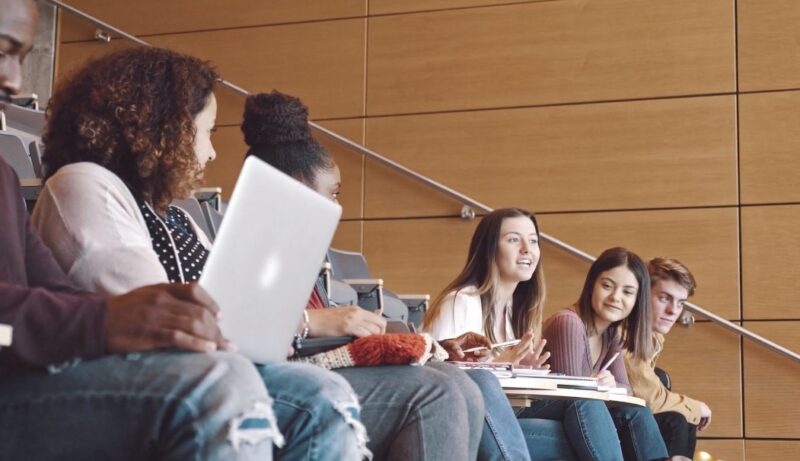
Alright, let’s break down what student privacy really means. Imagine all the stuff about you – your name, where you live, your grades, even your health stuff – that’s all your personal info. Now, in school, all this info is collected and kept somewhere, right? But here’s the deal: student privacy is all about making sure this info is handled super carefully. It’s not just about keeping a lid on your report card; it’s also about who gets to see or use your details.
And guess what? In today’s world, where we’re all about tech and online stuff, this gets even trickier. We’re not just talking about the info on paper in your school’s office. It’s also about the digital you – like what you do on online learning sites, your posts and chats on social media, and even the high-tech stuff like your fingerprint or eye scan if your school uses fancy tech. So, student privacy is this big umbrella that covers all the ways your personal info, both offline and online, is kept safe and sound.
Staying Safe 101
Hey there! In the fast-paced world we live in, staying safe is more important than ever. Whether you’re scrolling online, out and about, or just living your daily life, keeping yourself safe should be top of mind. So, here’s a friendly, easy-to-follow guide with some savvy suggestions to help you stay safe and sound!
1. Be Internet Smart:
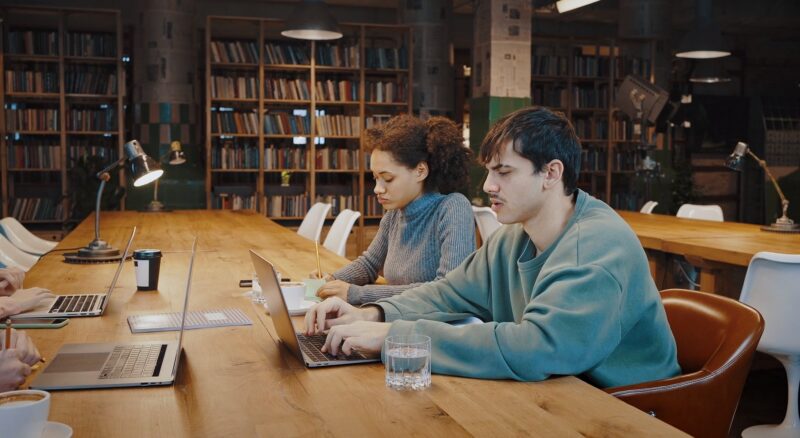
- Password Power: Use strong, unique passwords for your accounts. Think of something like a mix of letters, numbers, and symbols – and no, ‘password123’ doesn’t count!
- Privacy Settings: Check your social media privacy settings. Keep your personal info private and think twice before sharing your location or plans.
- Scam Savvy: Watch out for sketchy emails or messages. If it sounds too good to be true (like a random free vacation), it probably is.
2. Out and About Safety:
- Stay Aware: Keep your head up and be aware of your surroundings. That text can wait!
- Buddy System: There’s safety in numbers. Travel with friends, especially at night.
- Trust Your Gut: If something feels off, trust your instincts and leave the situation.
3. Home Safe Home:
- Lock It Up: Always lock your doors and windows, especially if you’re home alone or heading out.
- Fire Safety: Check your smoke alarms regularly and have a fire escape plan.
- Emergency Contacts: Keep a list of emergency contacts handy, like family, close friends, and local emergency services.
4. Digital Wellbeing:
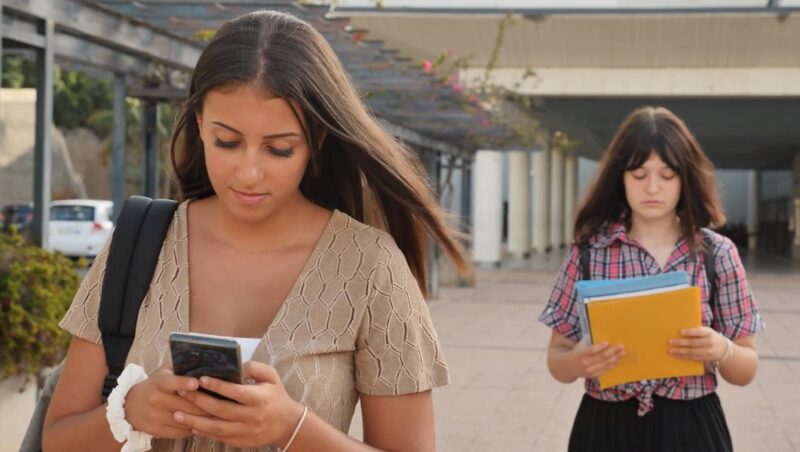
- Screen Time: Balance is key. Take regular breaks from screens to rest your eyes and mind.
- Cyberbullying: Speak up if you see or experience cyberbullying. Reach out to a trusted adult or use online resources for help.
- Healthy Boundaries: Don’t feel pressured to always be online. It’s okay to take a social media break.
5. Personal Health:
- Stay Active: Regular exercise is great for both your physical and mental health.
- Eat Well: Fuel your body with a balanced diet – fruits, veggies, and the occasional treat!
- Rest and Relax: Get enough sleep and find ways to de-stress, like reading or yoga.
6. Financial Finesse:
- Budget Basics: Keep track of your spending and make a budget. It’s never too early to be money-smart.
- Secure Shopping: When shopping online, use secure and reputable websites.
- Fraud Alert: Regularly check your bank statements for any suspicious activity.
Legal Framework and Compliance

The importance of student privacy is underscored by various laws and regulations. In the United States, for instance, the Family Educational Rights and Privacy Act (FERPA) is a federal law that protects the privacy of student education records. Similarly, laws like the Children’s Online Privacy Protection Act (COPPA) regulate how online services and websites can interact with and collect information from children under 13.
These laws not only set the standards for how educational institutions should handle student information but also underscore the importance society places on protecting young individuals’ privacy. Compliance with these laws is not just a legal obligation for educational institutions but also a moral imperative to maintain the trust placed in them by students and their families.
| Law/Act | Region | Description | Impact on Education |
|---|---|---|---|
| Family Educational Rights and Privacy Act (FERPA) | United States | Protects the privacy of student education records, allowing students and parents to access and control their own educational information. | Sets standards for how educational institutions handle student information, requiring consent for disclosure of educational records. |
| Children’s Online Privacy Protection Act (COPPA) | United States | Regulates online services and websites in terms of how they interact with and collect information from children under 13, aiming to protect children’s privacy online. | Requires parental consent for collecting personal information from children under 13, affecting educational websites and online services targeted at children. |
Psychological Impact and Learning Environment
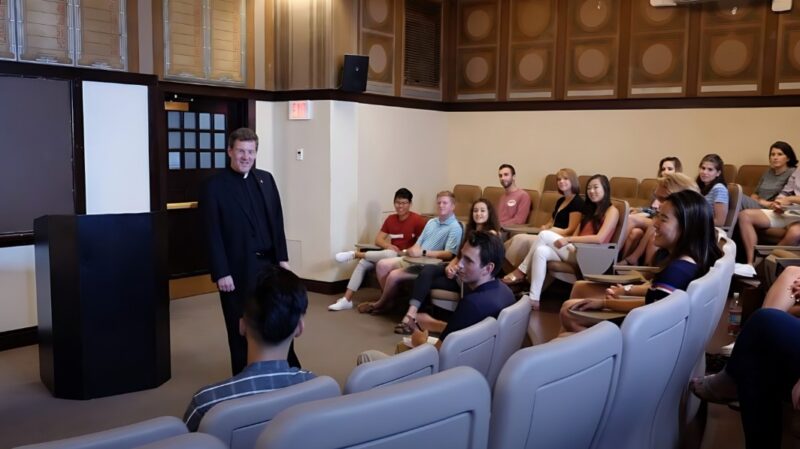
The safeguarding of student privacy directly influences the psychological well-being of students. A breach in privacy can lead to embarrassment, bullying, or even identity theft. In an environment where students feel their personal information is vulnerable, anxiety and stress can proliferate, adversely affecting their ability to learn and engage in educational activities.
Conversely, when students are assured of their privacy, they are more likely to participate actively and honestly in educational endeavors. This sense of security fosters an environment conducive to open discussion, exploration, and mistake-making, all of which are integral to the learning process.
Digital Age Challenges
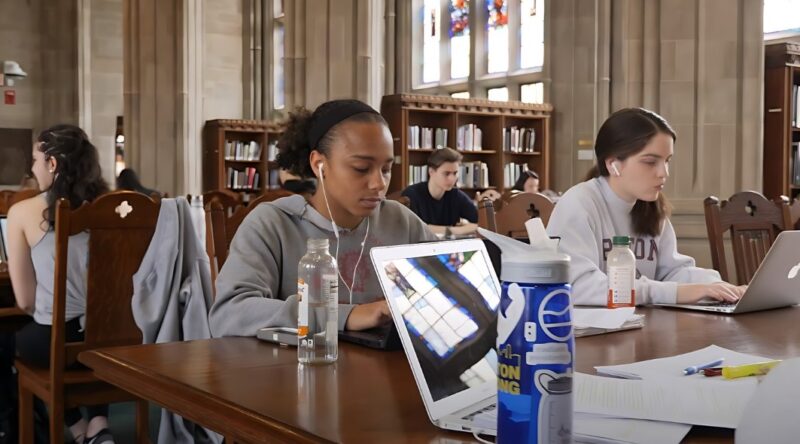
Hey, let’s talk about the tricky stuff that comes with all the cool tech in schools these days. We’ve got online classes, apps for learning, and everything’s stored on computers. That means there’s a ton of student info floating around in the digital world. But guess what? That also means there’s a risk of this info getting into the wrong hands, like hackers or just plain old mistakes in handling the data.
And here’s another twist: the line between what’s your private life and what’s school-related is getting super blurry. Think about it – the stuff you post on social media, which feels like just hanging out with friends, can sometimes get mixed up with school stuff. This was totally not a thing when our parents were in school.
So, schools have this big job now. They’ve got to bring in all this awesome tech but also need to be like digital ninjas, protecting all the student info. This means they’ve got to beef up their computer security big time. Plus, they’ve got to teach everyone – yeah, you, me, teachers, everyone – how to be smart with our digital footprints and keep our private info private. It’s like walking a tightrope in the digital circus! Interestingly, many schools are now opting for BYOD approach. 🎪💻🔒
The Role of Educators and Institutions
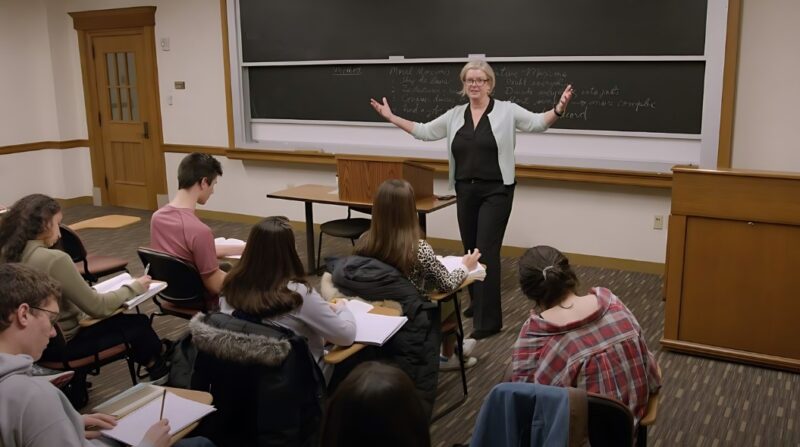
Alright, let’s talk about the big players in keeping your school life private – your teachers and the school itself. But hey, it’s not just about following the rules. It’s way more than that. It’s about creating this cool vibe where everyone respects each other’s privacy.
Your teachers? They’re like the guardians of your personal info. They need to know the ins and outs of handling your deets, especially when it’s super sensitive. Think about it – sometimes, they have to share info for good reasons, like with doctors or if you need special help in class. But, they’ve gotta do it in a way that doesn’t spill all your secrets.
And schools, they’re always on their toes, making sure their privacy game is strong. With all the new gadgets and gizmos popping up, they’ve got to keep updating their privacy playbook. They do these check-ups, sort of like a health check for data privacy, and make sure everyone in the school – yup, including you – knows how to keep info safe and sound.
But wait, there’s more! Your parents and the people around your school, they’ve got a part to play too. Parents should be in the loop about what info the school’s got on you and how they’re keeping it safe. They should also know about the digital boogeymen (like hackers or scams) and how to dodge them.
And then there’s the community – think local leaders, tech experts, and privacy buffs. When they team up with schools, it’s like assembling a superhero squad for your privacy. They bring in fresh ideas and make sure your school’s privacy plan is top-notch and keeps up with what’s cool and safe in the tech world.
So, it’s like this big group project where everyone – teachers, schools, parents, and the community – has to chip in. It’s all about working together to make sure your private stuff stays just that – private. And that’s pretty important, right? 🕵️♂️💻🔐👨👩👧👦🏫
FAQs
How can I safely manage my online reputation?
Managing your online reputation involves being mindful about what you post and share on social media. Always assume that anything you put online could be seen by anyone, including potential employers. Regularly review your online profiles, delete or hide posts that might be viewed negatively, and think carefully before posting new content. Also, setting your profiles to private and Googling yourself occasionally can help you monitor what’s publicly visible about you.
What should I do if I lose my phone or it gets stolen?
If your phone is lost or stolen, immediately try to locate it using a tracking app like “Find My iPhone” or “Find My Device” for Android. If you can’t recover it, remotely lock or wipe your device to protect your information. Notify your service provider and report the theft to the police. Don’t forget to change the passwords for your accounts accessible through your phone.
Are there any tips for staying safe while using public Wi-Fi?
When using public Wi-Fi, avoid accessing sensitive information like bank accounts or personal emails, as these networks can be less secure. If you need to access important accounts, use a Virtual Private Network (VPN) to encrypt your connection. Always verify the network name with the establishment to avoid connecting to a fake hotspot set up by hackers.
How can I improve my personal safety when living alone?
Living alone can be safe and enjoyable if you take the right precautions. Always lock your doors and windows, get to know your neighbors, and consider a home security system or a doorbell camera. Leave some lights on when you’re out to make it look like someone’s home. It’s also smart to have a check-in system with friends or family.
What are some strategies for staying safe while dating online?
When dating online, keep your personal information private until you really trust someone. Always meet in public places for the first few dates, tell a friend or family member about your plans, and arrange your own transportation. Trust your instincts; if something feels off, don’t hesitate to end the date.
How can I teach my kids about personal safety in a way that’s not scary?
Teaching kids about safety should be empowering, not frightening. Use age-appropriate language to explain why rules are in place. For example, instead of saying “Don’t talk to strangers,” try “If you ever need help and I’m not around, look for a police officer or another safe adult, like a teacher.” Role-playing different scenarios can be an effective and engaging way to teach them how to respond to various situations.
